Leverage digital transformation
In recent times, An Thai commune has chosen rural digital transformation as a spearhead in development. Phu Thinh 1 Hamlet was chosen as a "smart hamlet" model with 100% of households covered by fiber optic internet, the rate of smartphone users reaching 88.4%, and cashless payments reaching over 52.5%. Not stopping there, the rate of households building "bright - green - clean - beautiful" landscapes here reached 92.03%. Water supply infrastructure has also been invested synchronously, 100% of households use clean water, of which more than 67% of households have access to standard water from the centralized system.
Mr. Bui Van Thinh, Head of the Phu Thinh 1 Hamlet Management Board, said that the hamlet currently has about 200 households, with increasingly complete basic infrastructure. The hamlet's digital technology team coordinates with the Youth Union to regularly support people in using smartphones and making cashless payments. All roads in the hamlet have been installed with surveillance cameras, most of which have been concreted, with only one road still covered with red gravel.
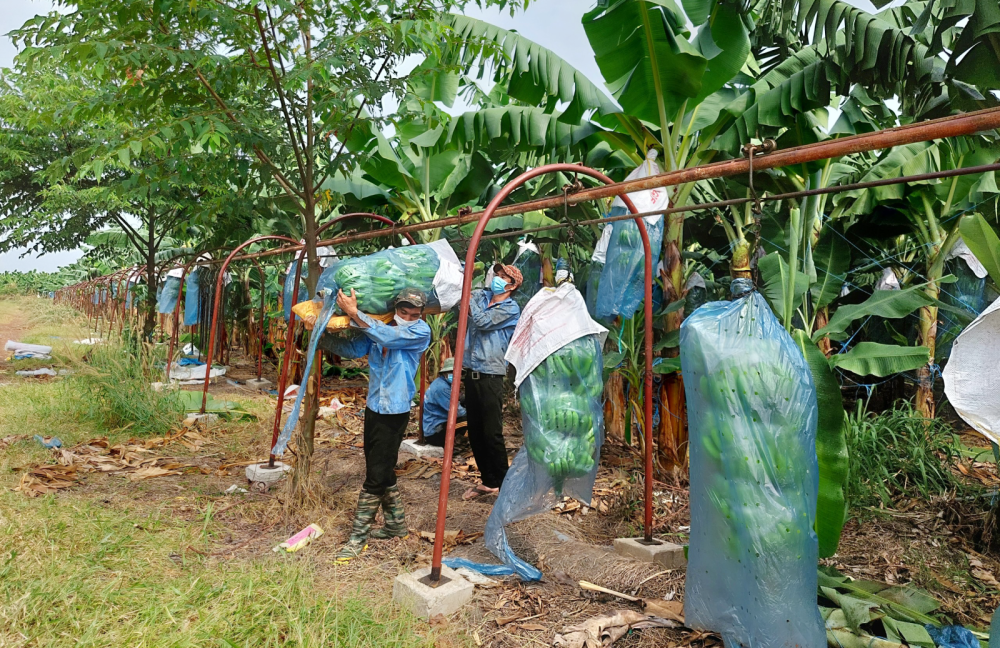
The leaders of An Thai commune said that just a few years ago, the locality still had difficulties in connecting information and applying digital technology in rural life. Currently, from fiber optic internet to 3G/4G waves have covered all 6 hamlets. Along with the implementation of digital training programs, people in the commune have begun to change to keep up with the development of modern society.
In the near future, An Thai commune will merge with Phuoc Sang and Tan Hiep communes into one commune named Phuoc Thanh. Local people hope that after the merger, all administrative boundaries and “local” distances will be removed, economic and social relations will be harmonious, creating favorable conditions for people to stabilize their lives, develop the economy, and join hands to build an increasingly innovative agricultural land. |
Mr. Bui Van Bao, Chairman of the People's Committee of An Thai Commune, said: "We focus on supporting people to access preferential loans, convert crop varieties and farming techniques, and connect jobs for local workers through businesses in and outside the province. The goal is that each household has the opportunity to increase their income sustainably."
These efforts create a solid foundation for An Thai to not only maintain the criteria for an advanced new rural commune (NTM) but also achieve 100% of the criteria for a model NTM commune in terms of culture - environment - digitalization. This is the basis for the locality to expect to create a breakthrough after the merger, towards a smart NTM model associated with sustainable development.
Expecting breakthroughs in the new era
Agricultural production in An Thai commune is shifting strongly to a modern model, applying high technology with many typical models. In particular, U&I Agricultural Joint Stock Company (Unifarm) has become a bright spot in the transformation of sustainable agricultural production. Unifarm representative said: “We apply Israeli technology, IoT sensors (internet of things) and automatic drip irrigation systems to control nutrition, humidity, and light. Attaching QR codes to agricultural products helps to trace the origin transparently, increase product value and trust from the market. Currently, all citrus products such as oranges, tangerines, bananas, and green-skinned grapefruit of the company are GlobalGAP certified. Notably, one product meets the provincial 4-star OCOP (One Commune One Product) standard”.
Along with businesses, many farming households in An Thai are also actively applying technology in production. Mr. Nguyen Van Cu, owner of a durian farm in Phu Thinh 1 hamlet, said that his family is currently cultivating 3 hectares of durian, and the family has just submitted documents to be recognized as a durian product that meets OCOP standards. His family also takes care of durian gardens for households in need, and is always ready to share technical experience with the people.
Mr. Bui Van Thinh shared that through understanding the opinions of the people's expectations after the communes merged, the majority wanted the rural traffic infrastructure in the area to continue to be invested in, upgraded, and become more spacious and synchronous. People also proposed to expand and clear the roads in a checkerboard pattern, connecting hamlets to facilitate travel. In addition, the collection of waste needs to be carried out by relevant units on time and on schedule to ensure environmental sanitation.
According to Mr. Bui Van Bao, An Thai commune's construction of a model new rural area does not only stop at meeting infrastructure standards or increasing income, but also focuses on transforming people's production thinking, lifestyle and access to technology. This is the foundation for a modern, civilized countryside, in line with the spirit of the model new rural area program. The commune has just been recognized as a model new rural area associated with the smart village model. The rearrangement of administrative units is not only a matter of boundaries but also opens up opportunities to restructure economic development space. After the merger, An Thai commune will base on the economic development targets of the new Ho Chi Minh City to have appropriate and effective economic development orientations.
ACCORDING TO THE PEOPLE'S COMMITTEE OF AN THAI COMMUNE, THE AVERAGE INCOME PER CAPITA OF THE COMMUNE WILL INCREASE FROM 71 MILLION VND/PERSON IN 2021 TO 92.787 MILLION VND BY THE END OF 2024, EXCEEDING THE STANDARD OF A MODEL NEW RURAL COMMUNE. |
PROGRESS
Source: https://baobinhduong.vn/tao-suc-bat-de-an-thai-but-pha-a349257.html



![[Photo] The first meeting of the Cooperation Committee between the National Assembly of Vietnam and the National People's Congress of China](https://vphoto.vietnam.vn/thumb/1200x675/vietnam/resource/IMAGE/2025/8/31/f5ed4def2e8f48e1a69b31464d355e12)
![[Photo] General Secretary To Lam holds talks with First Secretary and President of the Republic of Cuba Miguel Diaz-Canel Bermudez](https://vphoto.vietnam.vn/thumb/1200x675/vietnam/resource/IMAGE/2025/9/1/a2eab2ee4e4a4a81a8c605e46055ab78)
![[Photo] President Luong Cuong receives Chairman of the House of Representatives (Lower House) of the Republic of Belarus Igor Sergeyenko](https://vphoto.vietnam.vn/thumb/1200x675/vietnam/resource/IMAGE/2025/9/1/a67d61e41405410999a43db45a0ba29c)

![[Photo] Marching together in the hearts of the people](https://vphoto.vietnam.vn/thumb/1200x675/vietnam/resource/IMAGE/2025/8/31/8b778f9202e54a60919734e6f1d938c3)
![[Photo] General Secretary To Lam presides over the welcoming ceremony for First Secretary and President of Cuba Miguel Diaz-Canel Bermudez](https://vphoto.vietnam.vn/thumb/1200x675/vietnam/resource/IMAGE/2025/9/1/4f6ef5136b90463db3ebdd3d3d83ebe4)
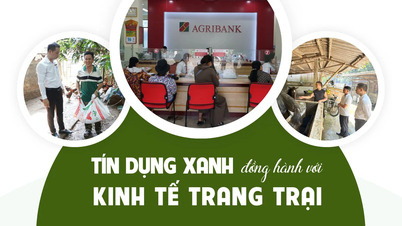

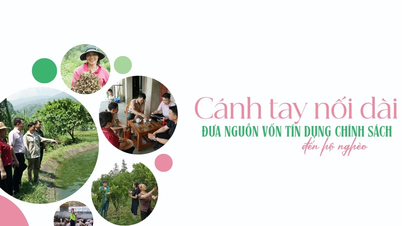
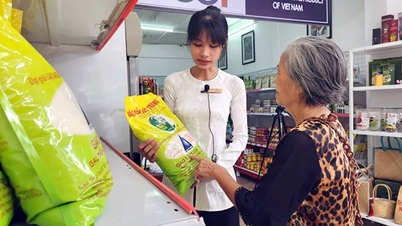

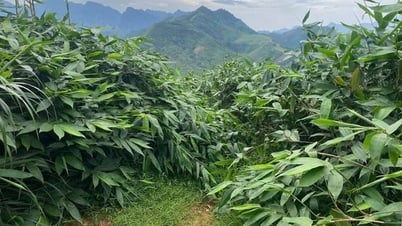

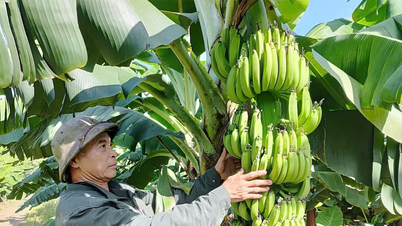

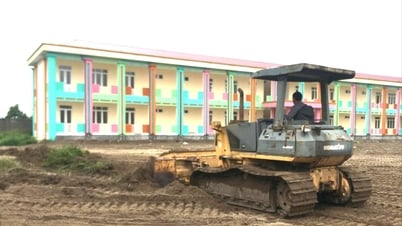

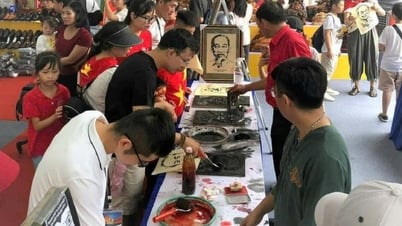

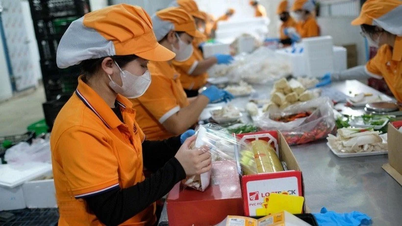
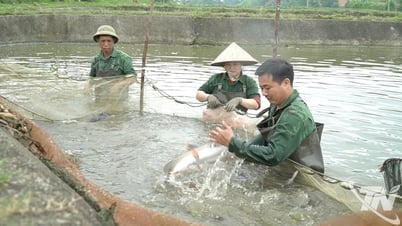

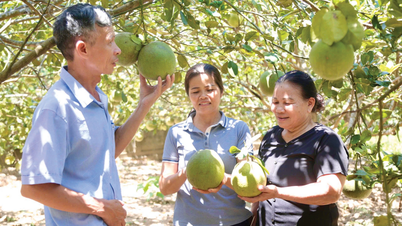









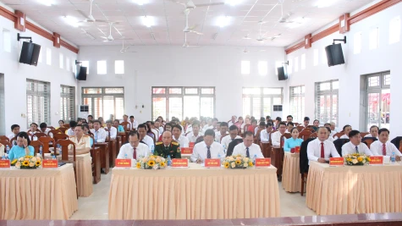
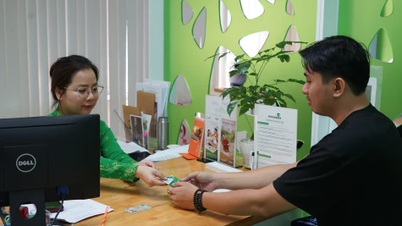
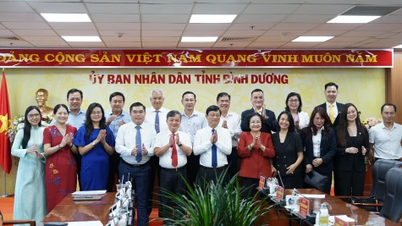
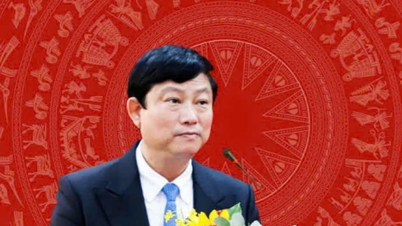
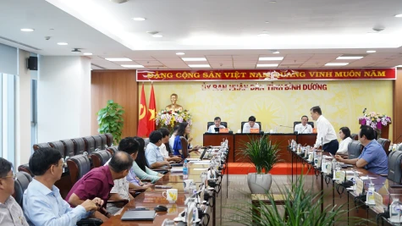
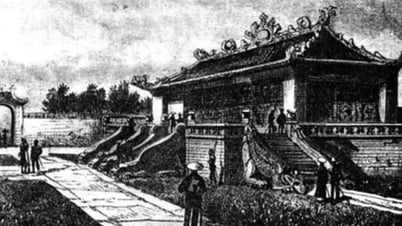

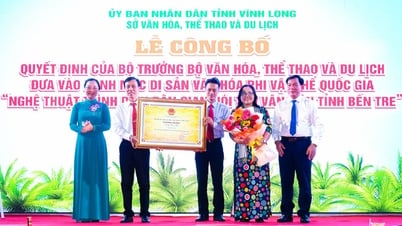

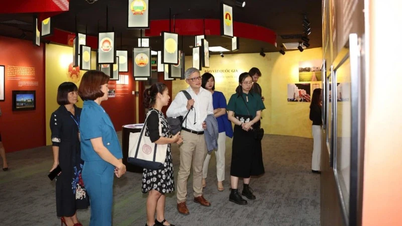

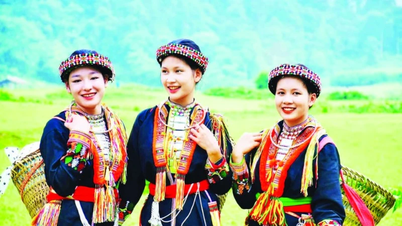





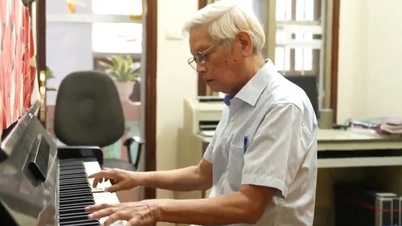
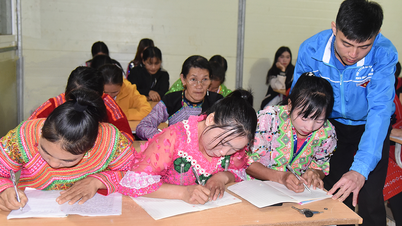

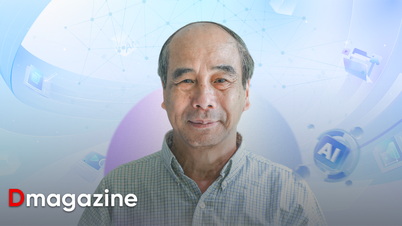

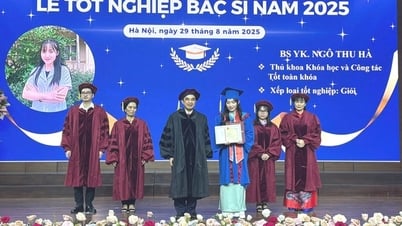





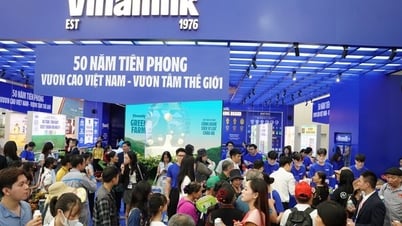
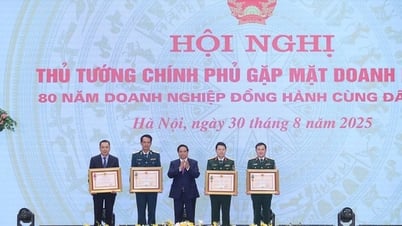
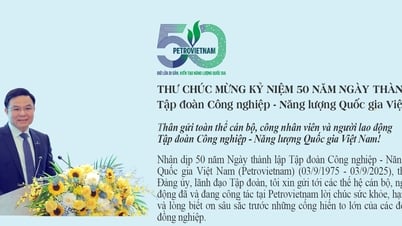
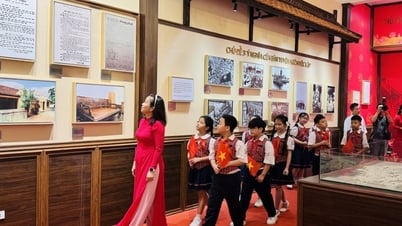
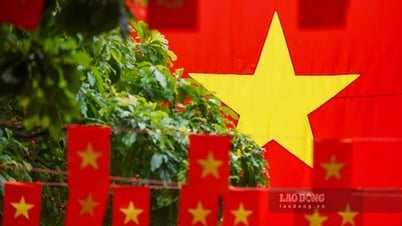

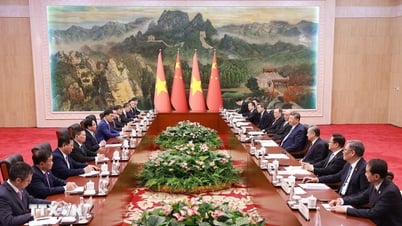

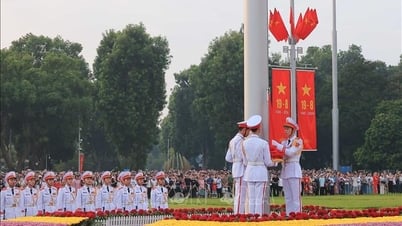

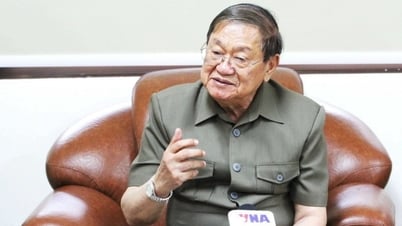



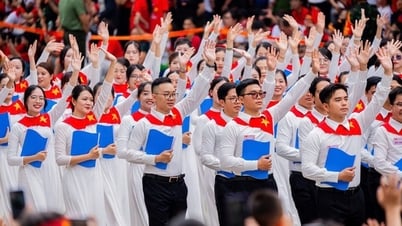
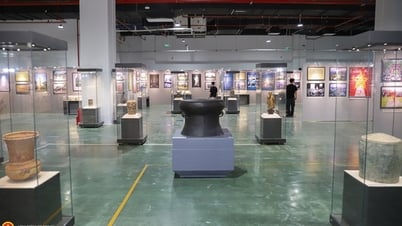

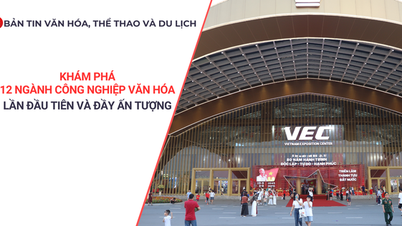
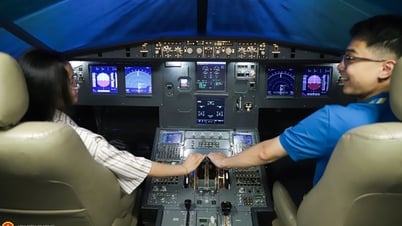
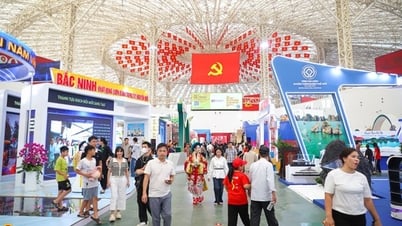
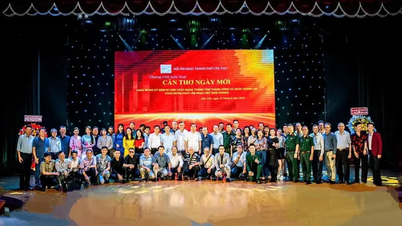
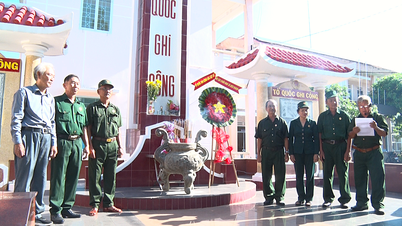

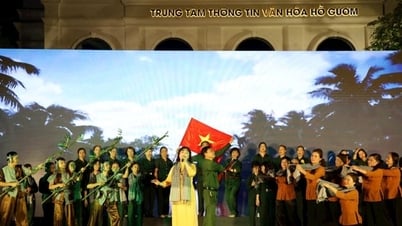


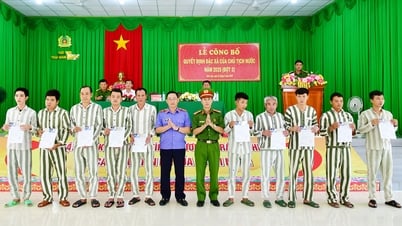

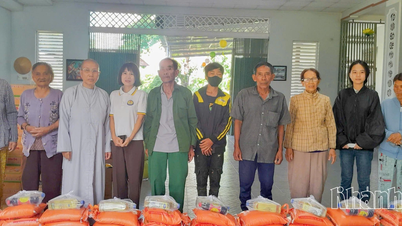
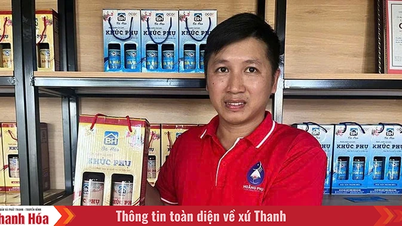



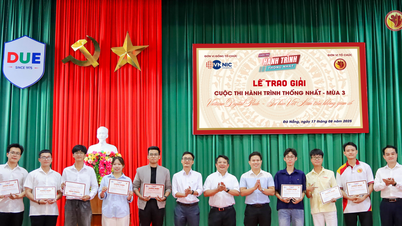

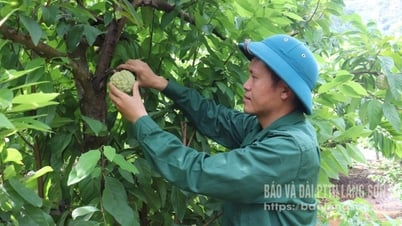

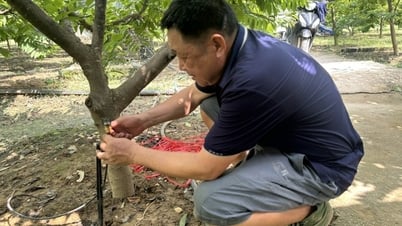
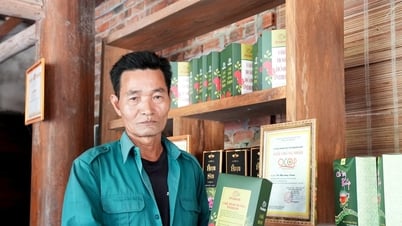



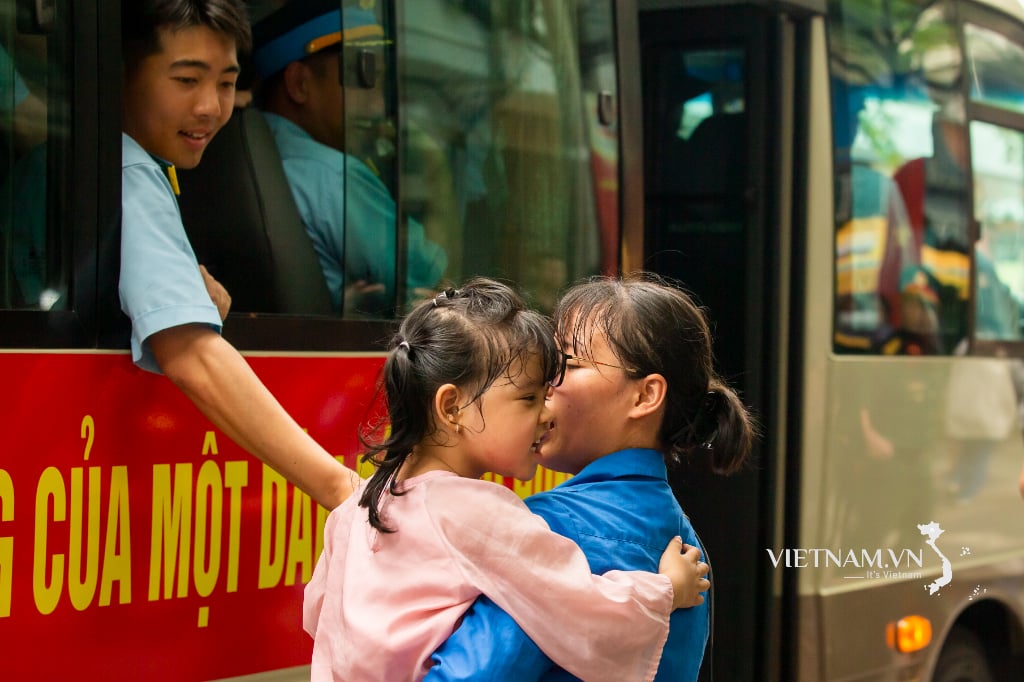

Comment (0)